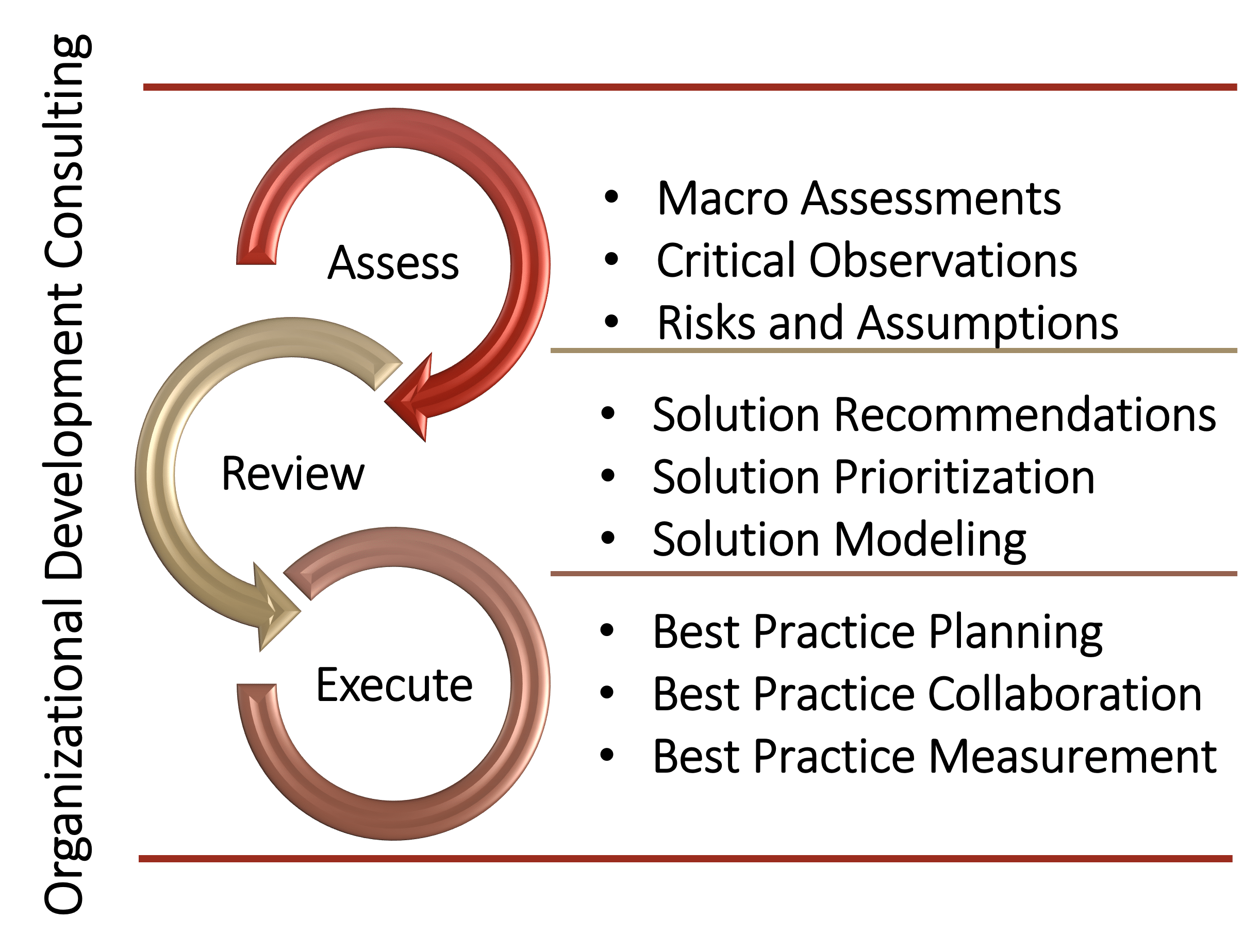Supply Chain Management Implementation Considerations
Enhancing supply chain resilience through data recommendations is critical for business sustainability. By proactively managing risks, optimizing operations, and leveraging real-time insights, organizations can maintain continuity, reduce costs, and gain a competitive edge in today’s dynamic global landscape.
- Predictive Insights: Leveraging data-driven insights allows companies to anticipate potential disruptions and proactively address them. By analyzing historical data, market trends, and external factors, organizations can make informed decisions to mitigate risks and maintain continuity.
- Scenario Planning: Data recommendations enable scenario modeling, helping supply chain leaders simulate various scenarios (such as natural disasters, geopolitical events, or pandemics) and assess their impact. This proactive approach allows companies to develop contingency plans and allocate resources efficiently.
- Real-time Monitoring: Implementing data-driven monitoring systems provides real-time visibility into supply chain operations. Whether tracking inventory levels, transportation routes, or supplier performance, this transparency helps identify bottlenecks and respond swiftly to any deviations.
- Supplier Collaboration: Data-driven recommendations foster collaboration with suppliers. By sharing relevant data, companies can work together to optimize processes, enhance communication, and build stronger relationships. This collaborative approach enhances overall supply chain resilience.
- Agile Decision-Making: When disruptions occur, data-driven insights empower supply chain leaders to make agile decisions. Whether adjusting production schedules, rerouting shipments, or sourcing alternative suppliers, timely information ensures adaptive responses.
- Inventory Optimization: Data recommendations aid in optimizing inventory levels. By analyzing demand patterns, lead times, and seasonality, companies can strike the right balance between stock availability and cost efficiency.
- Risk Mitigation: Data-driven risk assessments identify vulnerabilities within the supply chain. Whether assessing single points of failure or evaluating supplier dependencies, this information guides risk mitigation strategies.
In addition to leveraging data-driven insights, Artificial Intelligence (AI) will play a pivotal role in enhancing the AMS Supply Chain Management Solution Model.
- Predictive Analytics: AI algorithms can analyze historical data and identify patterns, enabling organizations to predict supply chain disruptions. Whether it’s forecasting demand fluctuations or anticipating supplier delays, AI-driven predictions enhance decision-making.
- Supply Chain Optimization: AI optimizes complex supply chain processes. From route planning for transportation to inventory management, AI algorithms find efficient solutions that minimize costs and maximize resource utilization.
- Demand Forecasting: AI models can predict future demand based on various factors such as seasonality, market trends, and external events. Accurate demand forecasts help organizations adjust production schedules and inventory levels proactively.
- Supplier Relationship Management: AI-powered tools assess supplier performance, track compliance, and identify potential risks. By automating routine tasks, organizations can focus on strategic supplier collaboration.
- Cognitive Automation: AI chatbots and virtual assistants handle inquiries, resolve issues, and provide real-time support. This improves communication within the supply chain and enhances customer satisfaction.
- Blockchain Integration: AI can work alongside blockchain technology to ensure transparency and traceability. Smart contracts powered by AI automate processes like payment verification and order fulfillment.
- Robotic Process Automation (RPA): AI-driven bots automate repetitive tasks, such as data entry, invoice processing, and order tracking. RPA streamlines operations and reduces manual errors.
Why Supply Chain Management Is Important for Business Sustainability
Supply chain resilience is critical for business sustainability due to several compelling reasons.
- Risk Mitigation: A resilient supply chain minimizes the impact of disruptions. Whether caused by natural disasters, geopolitical tensions, or unexpected events (like the recent pandemic), a robust supply chain ensures continuity. By diversifying suppliers, having backup plans, and using data-driven insights, businesses can mitigate risks effectively.
- Cost Efficiency: Resilience reduces costs associated with disruptions. When supply chains break down, companies face production delays, stockouts, and increased transportation expenses. By investing in resilience, businesses avoid these costly pitfalls.
- Customer Satisfaction: A reliable supply chain ensures consistent product availability. Customers expect timely deliveries, and any disruption can lead to dissatisfaction. Resilience helps maintain customer trust and loyalty.
- Competitive Advantage: Companies with resilient supply chains outperform competitors. They adapt swiftly to market changes, capitalize on opportunities, and maintain stable operations. This competitive edge is crucial for long-term success.
- Regulatory Compliance: Many industries face stringent regulations. A resilient supply chain ensures compliance by minimizing disruptions that could violate legal requirements.
- Organizational Reputation: Supply chain failures can tarnish a company’s reputation. Resilience demonstrates commitment to stakeholders, including customers, investors, and employees.
- Strategic Decision-Making: Data-driven recommendations enhance decision-making. Leaders can allocate resources efficiently, optimize inventory, and plan for the future based on accurate insights.
Summary
Supply chain resilience isn’t just about surviving disruptions; it’s about thriving in a dynamic business landscape. Organizations that prioritize resilience position themselves for sustained growth and success. Contact us today and speak with an expert to answer all of your questions.
Organizational Development Consulting
Client-Centric Engagement Model
Each solution found in our catalog can be scaled to meet your organization's needs. Consulting engagements are built on a collaborative three-step process of Assess, Review, and Execute stage gates. This model provides a high value and collaborative approach that allows organizations to measure ROI, performance, and continuous improvement throughout the entire engagement. Our executive level team of consultants will provide actionable and practical recommendations that can be implemented via our collaborative approach to the partnership.

For the Enterprise
- Experience personalized service at scale. AMS has a global reach with the highest degree of expertise across a range of Fortune 500 companies, Government agencies and Global 2000 organizations.
For the Emerging and Middle-Market
- Experience the entrepreneurial spirt that our firm is founded on with a unique blend of expertise to accommodate the unique needs of smaller organizations.
Customize your Consulting Experience
- Align subject matter experts with your industry, region, and culture
- Support solutions with correlating Research
- Accelerate Individual Growth with Performance Coaching
- Supplement solutions with Professional Development Training
- Review Solution Briefings
- Integrate Digital Resources – Thought Leader Interviews – Insights Podcast
Join the ranks of leading organizations that have partnered with AMS to drive innovation, improve performance, and achieve sustainable success. Let’s transform together, your journey to excellence starts here.